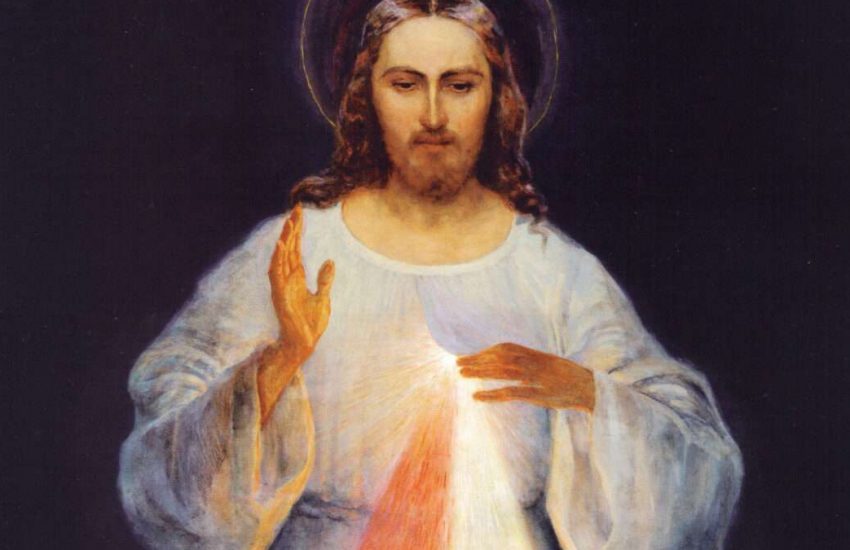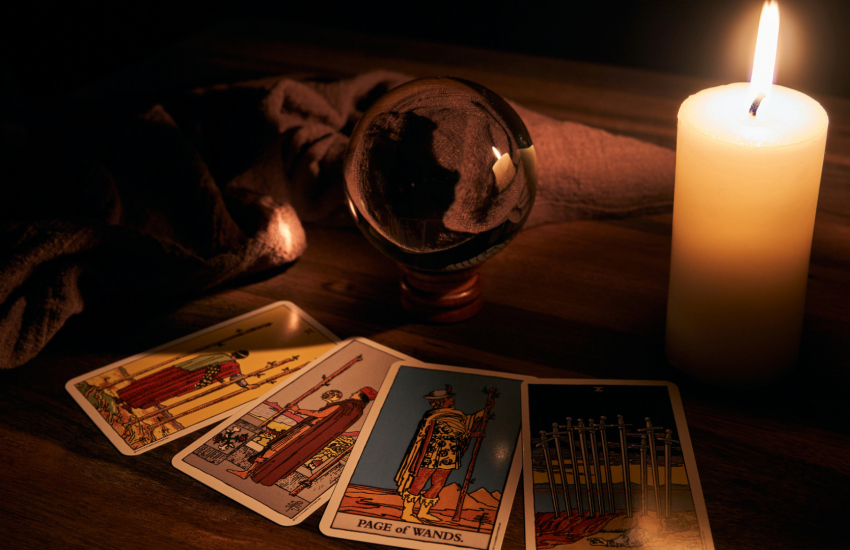Wisdom or Foolishness?
TWENTIETH SUNDAY IN ORDINARY TIME (B)
click here for readings
This weekend we welcome students back to WCU and begin a new academic semester. For many students, college is the first opportunity to practice (or not practice) their faith as an adult. Before college, attending Mass on Sunday was likely a family affair. You went to Mass with your family because that is what your family did on Sunday. Here on campus, mom and dad are not here to take you to Mass. You will only go to Mass if you want to; if you take the time to find out where the chapel is, what time Mass is offered, and put forth the effort to actually go.
This is not only an issue for freshmen. The truth is that each of us has a fundamental decision to make every day of our lives. Do I believe that Jesus Christ is truly the Son of God? The Church tells us that He is. Many in the world today would argue that He is not. He was a prophet, they may say. Or He was a good moral teacher. But He was not divine. That’s something made up by the Church.
The problem is that if Jesus is not God then the one thing He absolutely could not be is a good teacher. C. S. Lewis and other Christian apologists have successfully made the argument that if Jesus was not God then He must either be a liar or a mad man. Jesus claimed to be not only the Messiah, but one with God the Father. He claimed to be God, and a “good teacher” does not do that. Liars and lunatics might.
But if Jesus truly is who and what the Church proclaims Him to be, that demands a definite response from us. It means not only did Jesus Christ mean what He said, but also that He has the power and authority to make it happen. It means everything Jesus teaches us about the Church, sin and forgiveness, repentance and mercy, justice and love, heaven and hell are all very real.
In today’s gospel (Jn 6:51-58) Jesus says some very odd and even outrageous things — things we would not expect a “good teacher” to say. In fact, they sound more like the ravings of a mad man. “Whoever eats my flesh and drinks my blood has eternal life.” And just in case we are tempted to take Him metaphorically, Jesus reiterates, “My flesh is true food and my blood is true drink.”
On the surface, this not only sounds strange, it sounds horrifying — unless Jesus Christ is truly the Son of God. In that case we have only one option, which is to take Him at His word. Indeed, as we shall see next Sunday, many of the disciples left at this point because they could not accept this teaching. But the Apostles remained, led by Peter, who admittedly did not understand the meaning of Jesus’ words, but had faith enough to say, “Lord, to whom would we go? You have the words of eternal life” (Jn 6:68).
Having faith in Jesus Christ requires much of us. It requires not only acceptance of the “hard sayings” of Jesus but putting them into practice in our lives. It is not enough to know intellectually that Jesus is truly present, flesh and blood, in the Eucharist. We must recognize the immense value of the gift He gives us and desire to receive that gift as often as we are able, and receive it worthily. This is the importance of Sunday Mass — not just so that we can check it off of our “good Catholic” check list, but so that we can give due worship to our Lord and accept His loving gift of Himself in the Eucharist.
The first reading today (Prv 9:1-6) speaks about Wisdom. This is a wonderful reading for the first Sunday of a new semester, as wisdom is what every student on campus ought to be seeking. Wisdom is nothing less that seeing the world as it is, with clarity and understanding, and living your life accordingly. Foolishness is the opposite. Foolishness is failure to live your life in accordance with reality. Wisdom is personified in this reading. She invites us to “Come, eat of my food, and drink of the wine I have mixed! Forsake foolishness that you may live; advance in the way of understanding.”
This is what the Church also invites you to do as you begin a new academic year. Advance in your studies here on campus, but advance also in a deeper and more important way of understanding offered by God through the Church. Forsake the foolishness of the world and pursue true wisdom.
It is also fitting for the start of a college semester that our second reading (Eph 5:15-20) warns us not to live as “foolish persons,” who do things like “get drunk on wine” and “lie in debauchery.” These and many other temptations await you on campus.
We invite you to take a different path. We invite you to “taste and see the goodness of the Lord,” as our psalm today proclaims.
You have a choice to make. Either Christ was a fool for claiming to be God, or you are a fool for not believing that He is. There is no third option.
Is Jesus God? Or a liar or a lunatic? If He is God, as the Church says He is, then He has a marvelous gift for you — His very flesh and blood become food to nourish our bodies and souls. “I am the living bread that came down from heaven,” says the Lord. “Whoever eats this bread will live forever; and the bread that I will give is my flesh for the life of the world” (Jn 6:61). How could we dare turn away from such a gift?



